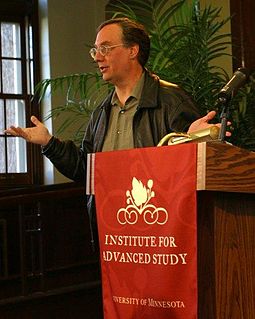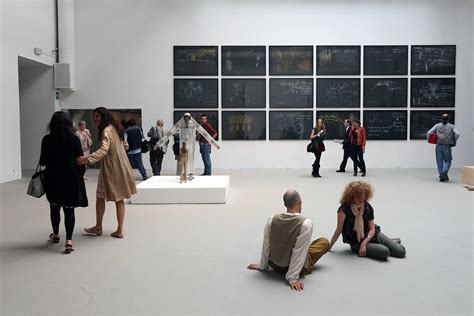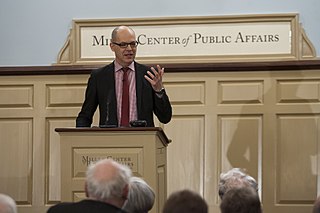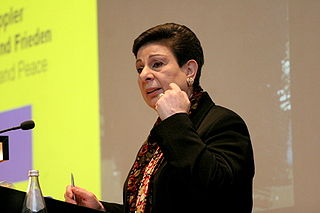A Quote by Camille Paglia
As a scholar who regularly surveys archival material, I think that, a century from now, cultural historians will find David Horowitz's spiritual and political odyssey paradigmatic for our time.
Related Quotes
Our culture is hung up on and overemphasises what can be derived from material objects. I think this is something quite new, over the past 200 or 300 years - that life has become about accumulating material wealth. The 21st century is not about accumulating material wealth like the 20th century. It's already eroding.
The three main medieval points of view regarding universals are designated by historians as realism, conceptualism, and nominalism. Essentially these same three doctrines reappear in twentieth-century surveys of the philosophy of mathematics under the new names logicism, intuitionism, and formalism.
Why do people think the spiritual life demands withdrawal from the ordinary? Because they've been taught, at least by implication, that the physical is a block to the spiritual. When we assume that the spiritual, unlike the physical, is impervious to corrosion, then we assume that all things material are not to be honored. But the fact of the matter is, the material is the vehicle of the spiritual.
Given that the nineteenth century was the century of Socialism, of Liberalism, and of Democracy, it does not necessarily follow that the twentieth century must also be a century of Socialism, Liberalism and Democracy: political doctrines pass, but humanity remains, and it may rather be expected that this will be a century of authority ... a century of Fascism. For if the nineteenth century was a century of individualism it may be expected that this will be the century of collectivism and hence the century of the State.
I think our children will be living on floating cities, and they will look back on the 20th Century, when people lived in primitive governments founded in previous centuries, and they will be living on modular, sustainable, floating cities that we can't imagine now, that are based on the voluntary choice of citizens. I think we will have a marvellous world in the 21st Century.
I am seized with an abiding fear regarding what these two instruments are doing to our society, our culture and our heritage. Our history will be what we make it. And if there are any historians about fifty or a hundred years from now, and there should be preserved the kinescopes for one week of all three networks, they will there find recorded in black and white, or color, evidence of decadence, escapism and insulation from the realities of the world in which we live.
For decades, since the mid-twentieth century, the nationalist movement, and Fatah in particular, has dominated the political scene. Palestinian politics were primarily nationalistic, secular. Now, suddenly we are seeing the election of a religious party with extreme political ideologies and with a social agenda that seems inconsistent with the cultural heritage of the Palestinian people.


































